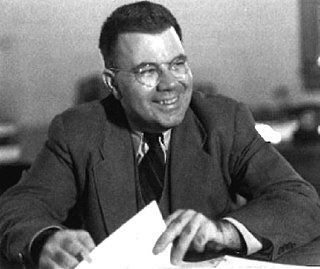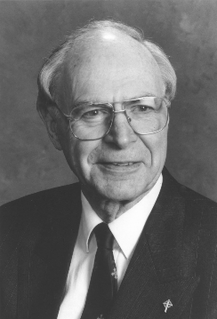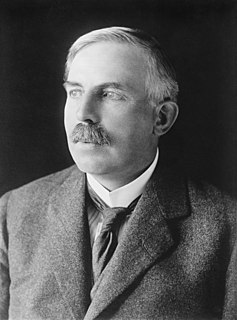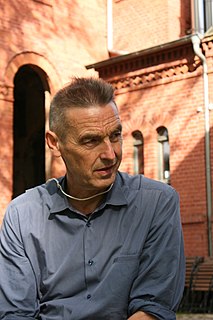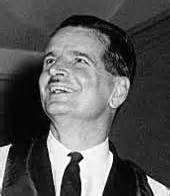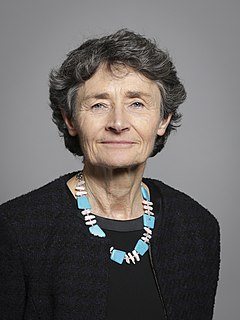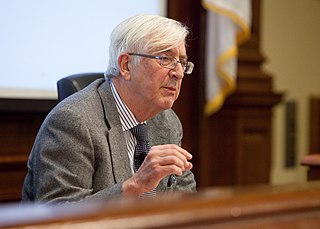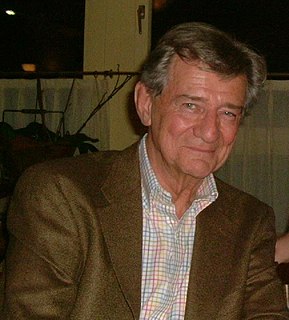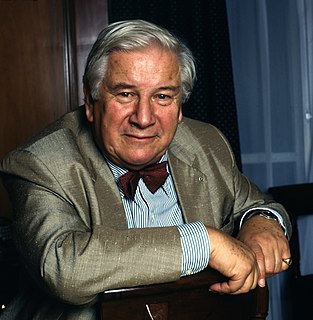Top 1200 Social Sciences Quotes & Sayings
Explore popular Social Sciences quotes.
Last updated on April 15, 2025.
After years of work in both areas of study, I concluded that the social sciences were different, in many important ways, from the natural sciences, but that the same scientific methods were applicable in both areas, and, indeed, that no very useful work could be done in either area except by scientific methods.
The great shift... is the movement away from the value-laden languages of... the "humanities," and toward the ostensibly value-neutral languages of the "sciences." This attempt to escape from, or to deny, valuation is... especially important in psychology... and the so-called social sciences. Indeed, one could go so far as to say that the specialized languages of these disciplines serve virtually no other purpose than to conceal valuation behind an ostensibly scientific and therefore nonvaluational semantic screen.
A … difference between most system-building in the social sciences and systems of thought and classification of the natural sciences is to be seen in their evolution. In the natural sciences both theories and descriptive systems grow by adaptation to the increasing knowledge and experience of the scientists. In the social sciences, systems often issue fully formed from the mind of one man. Then they may be much discussed if they attract attention, but progressive adaptive modification as a result of the concerted efforts of great numbers of men is rare.
I think of myself as a social scientist. In order to get hired and to get promoted, we're forced to declare a disciplinary and sub-disciplinary specialty, so I am a psychologist and I am a social psychologist within that. But I think the exciting thing is to think about the social sciences in general and the nature of society. It's one of the hardest things to think about, because our brains aren't designed to think about these emergent entities. We're not good at it.
The prime lesson the social sciences can learn from the natural sciences is just this: that it is necessary to press on to find the positive conditions under which desired events take place, and that these can be just as scientifically investigated as can instances of negative correlation. This problem is beyond relativity.
It seems perfectly clear that Economy, if it is to be a science at all, must be a mathematical science. There exists much prejudice against attempts to introduce the methods and language of mathematics into any branch of the moral sciences. Most persons appear to hold that the physical sciences form the proper sphere of mathematical method, and that the moral sciences demand some other method-I know not what.
The thing that distinguishes social systems from physical or even biological systems is their incomparable (and embarrassing) richness in special cases. Generalizations in the social sciences are mere pathways which lead through a riotous forest of individual trees, each a species unto itself. The social scientist who loses this sense of the essential individuality and uniqueness of each case is all too likely to make a solemn scientific ass of himself, especially if he thinks that his faceless generalizations are the equivalents of the rich vareity of the world.
I think it is now time for social scientists to step out of the shadow and to establish an advanced social sciences methodology that integrates science (third-person view) social transformation (second-person view) and the evolution of self (first-person view) into a coherent framework of consciousness-based action research
I'm a huge advocate of all sciences. And my favorite - actually, not my favorite because I love all sciences - but my primary science that I study all the time is physics. It's the mother of all sciences because it's just how things move and how things react to the world around them. I feel like I would definitely go to college for physics.
Almost everyone... seems to be quite sure that the differences between the methodologies of history and of the natural sciences are vast. For, we are assured, it is well known that in the natural sciences we start from observation and proceed by induction to theory. And is it not obvious that in history we proceed very differently? Yes, I agree that we proceed very differently. But we do so in the natural sciences as well.
There is a noticeable general difference between the sciences and mathematics on the one hand, and the humanities and social sciences on the other. It's a first approximation, but one that is real. In the former, the factors of integrity tend to dominate more over the factors of ideology. It's not that scientists are more honest people. It's just that nature is a harsh taskmaster. You can lie or distort the story of the French Revolution as long as you like, and nothing will happen. Propose a false theory in chemistry, and it'll be refuted tomorrow.
Everything is humanities. The sciences are a form of the humanities. They involve traditions of inquiry; they involve social engagement with ideas. They do not happen with a naked brain going out and encountering a nonhuman world. And the better we understand ourselves, the better we can do science, as well. So I don't see them - the sciences and the humanities - as being at all different.
There are a whole other range of sciences that must deal with the narrative reconstruction of the inordinately complex events of history that can occur but once in their detailed glory. And for those kinds of sciences, be it cosmology, or evolutionary biology, or geology, or palaeontology, the experimental methods, simplification, quantification, prediction and repetition of the experimental sciences don't always work. You have to go with the narrative, the descriptive methods of what? Of historians.
The social sciences offer equal promise for improving human welfare; our lives can be greatly improved through a deeper understanding of individual and collective behavior. But to realize this promise, the social sciences, like the natural sciences, need to match their institutional structures to today's intellectual challenges.








